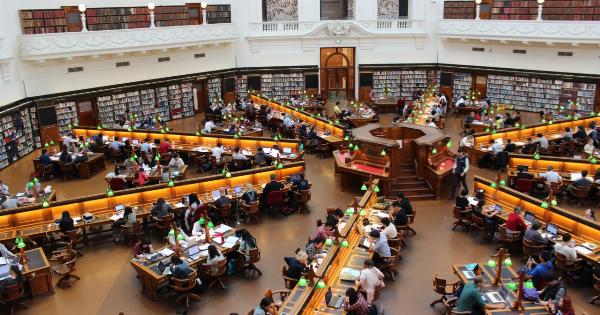As the holiday season approaches, students across the world will be excited for a break from academic work. However, this may not be the best news for their educational progress.
Holidays can negatively impact a student’s educational progress in several ways, some of which include:.
1. Forgetting what was learnt before the holiday break
During the holiday break, students tend to forget what they learnt in school before the break. This is because the human brain is wired to prioritize new information over old information.
As a result, when there is a massive influx of new information, the brain tends to forget old information more quickly.
2. Lack of mental stimulation
Many students spend their holidays without engaging in activities that stimulate their minds. This lack of mental engagement can affect their cognitive abilities negatively.
Students who don’t engage in mentally stimulating activities during holidays may find it more challenging to focus in school when they get back.
3. Reduced motivation
Long holidays can decrease a student’s motivation to study. After having a break from school for an extended period, many students find it hard to get back into their study routines.
This reduced motivation can lead to poor academic performance, especially if the student doesn’t receive any support from parents or teachers.
4. Increased screen time
During the holiday break, many students spend long hours in front of screens (television, smartphone, etc.). Excessive screen time can have adverse effects on a student’s cognitive abilities, including attention, memory, and critical thinking.
This can impair their academic performance when they get back to school.
5. Irregular routines
During holidays, students’ daily routines may change significantly. For example, they may sleep and wake up at different times, have meals at irregular intervals, or engage in activities at odd hours.
These changes can negatively affect their health and academic performance, leading to a lack of focus and concentration in school.
6. Poor time management skills
During holidays, students may have more free time on their hands. However, a lack of proper time management skills can lead to a waste of time on unproductive activities.
As a result, students may not get enough time to revise their studies before getting back to school, leading to poor academic performance.
7. Limited access to educational resources
During holidays, students may not have easy access to educational resources, such as books, journals, and other learning materials.
This can hinder students’ ability to learn and retain what they have learned, leading to poor academic performance in the long run.
8. Increased stress levels
The holiday season can be stressful for some students, especially those who have strained family relationships or financial difficulties.
This increased stress can lead to poor mental health, affecting a student’s ability to focus and concentrate in school.
9. Disruptive family commitments
During holidays, family commitments such as travel, family reunions, and other events can disrupt a student’s academic progress. As a result, students may miss classes or fall behind in their studies, leading to poor academic performance.
10. Summer learning loss
Studies have shown that students experience summer learning loss or the loss of academic skills and knowledge during the summer holidays.
This loss is more pronounced for low-income students who lack opportunities for summer enrichment activities, leading to significant skills gaps between them and their peers.
Conclusion
In conclusion, holiday breaks can negatively affect a student’s academic progress in many ways. However, this does not mean that students should not have breaks.
Rather, it highlights the importance of finding a balance between engaging in stimulating activities and taking time off to relax. Parents and teachers can play a significant role in helping students stay mentally engaged and retain what they have learned, reducing the negative impact of holidays on academic progress.































